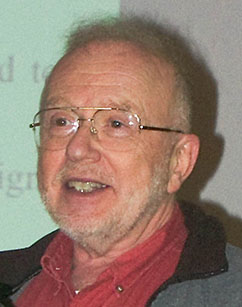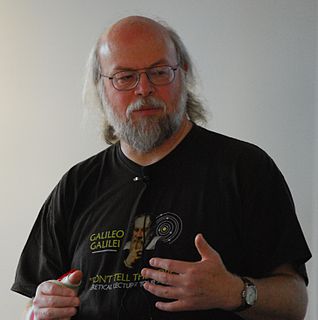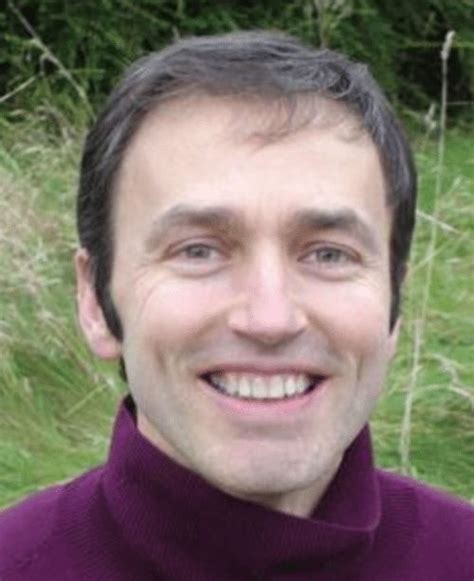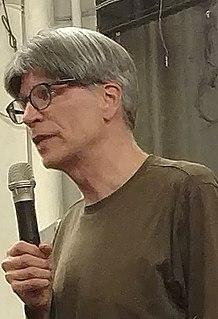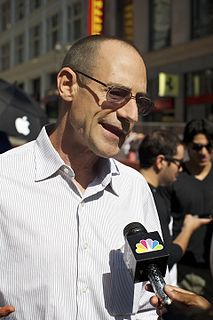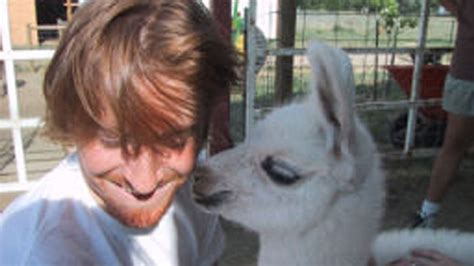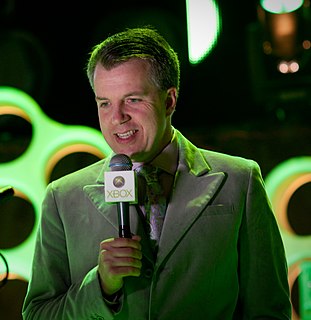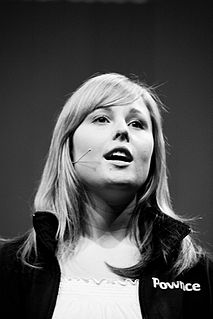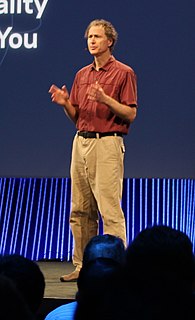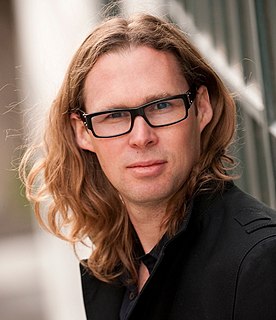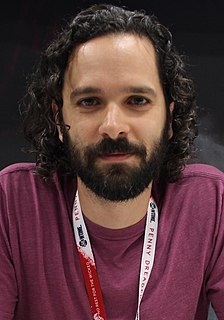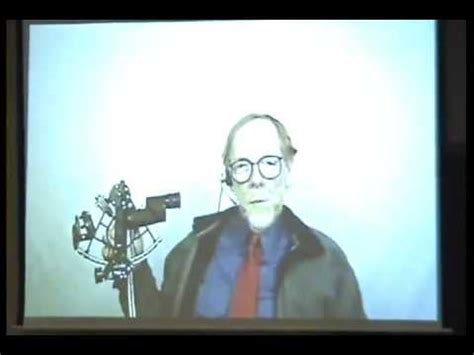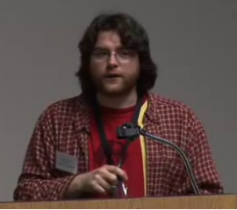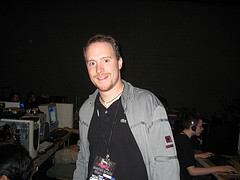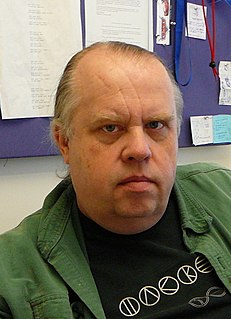A Quote by Bruce Perens
But the most reliable indication of the future of Open Source is its past: in just a few years, we have gone from nothing to a robust body of software that solves many different problems and is reaching the million-user count. There's no reason for us to slow down now.
Related Quotes
I'm not of the opinion that all software will be open source software. There is certain software that fits a niche that is only useful to a particular company or person: for example, the software immediately behind a web site's user interface. But the vast majority of software is actually pretty generic.
Most of us are conditioned for many years to have a political viewpoint - Republican or Democratic, liberal, conservative, or moderate. The fact of the matter is that most of the problems that we now face are technical problems, are administrative problems. They are very sophisticated judgments, which do not lend themselves to the great sort of passionate movements which have stirred this country so often in the past. - They deal with questions which are now beyond the comprehension of most men.
One thing about open source is that even the failures contribute to the next thing that comes up. Unlike a company that could spend a million dollars in two years and fail and there's nothing really to show for it, if you spend a million dollars on open source, you probably have something amazing that other people can build on.
Mindfulness is about finding ways to slow down and pay attention to the present moment-which improves performance and reduces stress. It’s about having the time and space to attend to what’s right in front of us, even though many other forces are trying to keep us stuck in the past or inviting us to fantasize or worry about the future. It’s about a natural quality each of us possesses, and which we can further develop in just a few minutes a day.
With software products, it is usual to find that the software has major `bugs' and does not work reliably for some users... The lay public, familiar with only a few incidents of software failure, may regard them as exceptions caused by exceptionally inept programmers. Those of us who are software professionals know better; the most competent programmers in the world cannot avoid such problems.
Keep in mind how fast things pass by and are gone - those that are now, and those to come. Existence flows past us like a river; the "what" is in constant flux, the "why" has a thousand variations. Nothing is stable, not even what's right here. The infinity of past and future gapes before us - a chasm whose depths we cannot see.
You know, most people in the open-source world who use open-source software don't actually do builds themselves - those people just download the binaries. And so we expect that the big enterprise people will just do that and we will certainly be providing binaries that have been through full industrial-strength QA, that have been through all the conformance testing.
If an open source product gets good enough, we'll simply take it. So the great thing about open source is nobody owns it - a company like Oracle is free to take it for nothing, include it in our products and charge for support, and that's what we'll do. So it is not disruptive at all - you have to find places to add value. Once open source gets good enough, competing with it would be insane. We don't have to fight open source, we have to exploit open source.
What you think of as they past is a memory trace, stored in the mind, of a former Now. When you remember the past, you reactivate a memory trace -- and you do so now. The future is an imagined Now, a projection of the mind. When the future comes, it comes as the Now. When you think about the future, you do it now. Past and future obviously have no reality of their own. Just as the moon has no light of its own, but can only reflect the light of the sun, so are past and future only pale reflections of the light, power, and reality of the eternal present. Their reality is "borrowed" from the Now.





